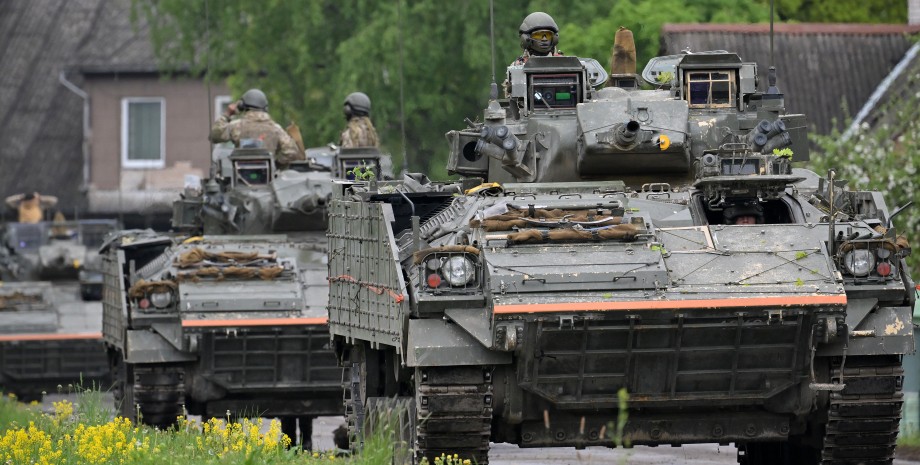
 By Natali Moss
By Natali Moss
The report states that for decades, NATO has not seen the need for large -scale defense plans, as the organization waged a low intensity war in Afghanistan and Iraq. The block felt that post -Soviet Russia no longer poses a threat to the world. Given that the bloodiest war in Europe has been raging directly near NATO borders since 1945, now the Alliance warns that planning should have a long time before a conflict with such an opponent, such as Moscow.
The decision was not easy, because Turkey blocked the approval of the plans. This was due to the formulation of geographical places such as Cyprus. NATO leaders gather in Vilnius on July 11-12 for the summit. In the West, they will discuss Sweden membership and future Alliance relations with Ukraine. By teaching its regional plans, NATO will also give countries instructions on how to update the strength and logistics.
The need to finance this fundamental change is one of the reasons why states intend to increase the target of the Alliance's military expenditures in the Lithuanian capital, making the current target in 2% of national GDP with a minimum requirement. NATO officials have estimated that it takes several years for the full implementation of the plans, although they emphasize that the Alliance may immediately start a response in the event of Russia's attack.










All rights reserved IN-Ukraine.info - 2022